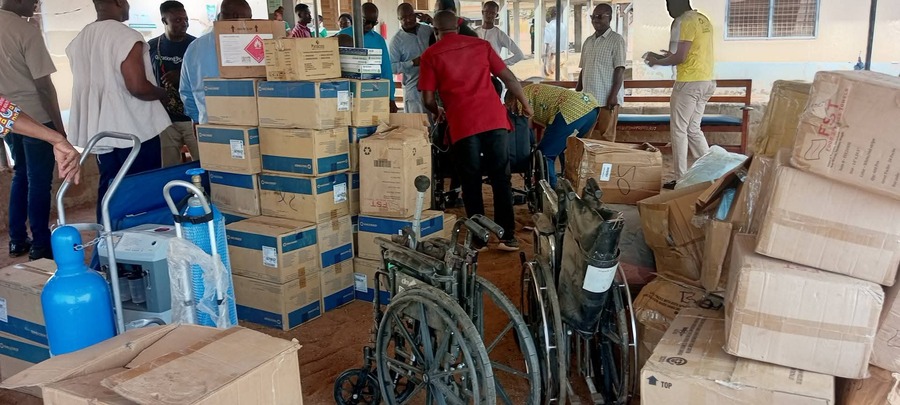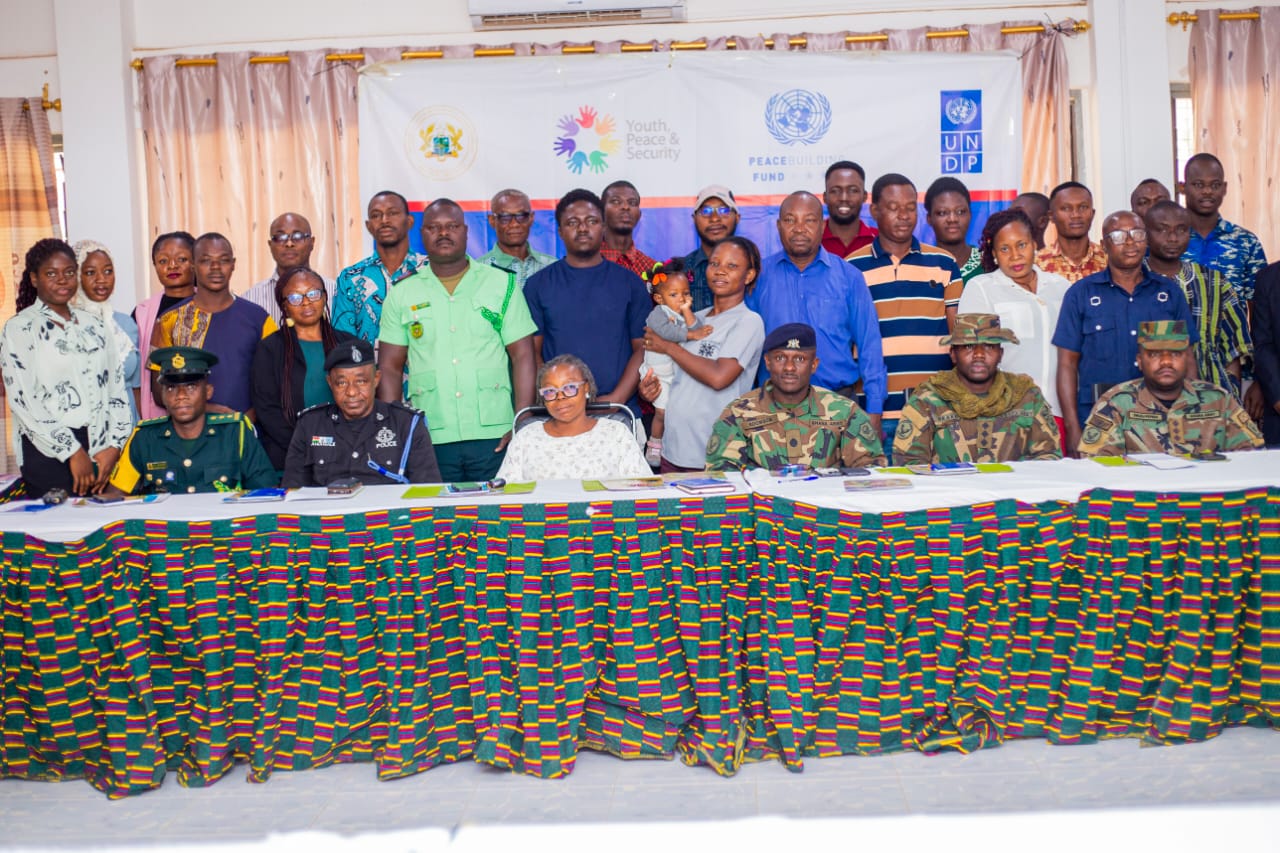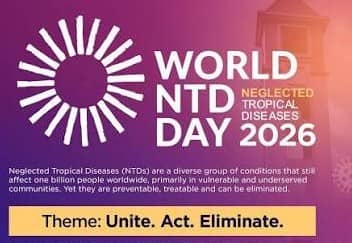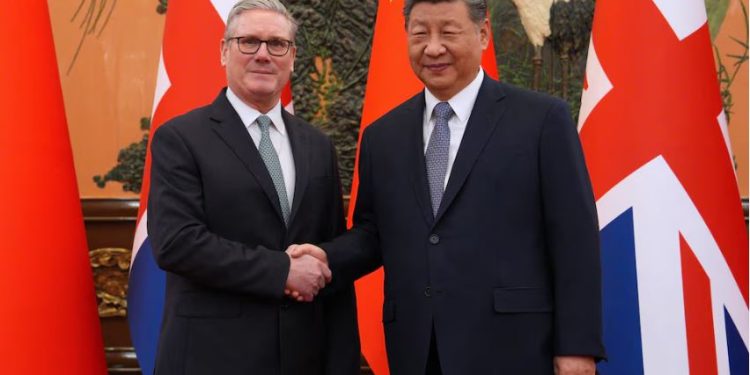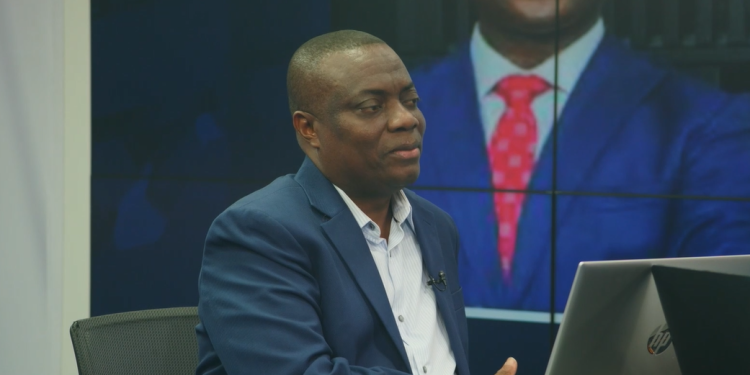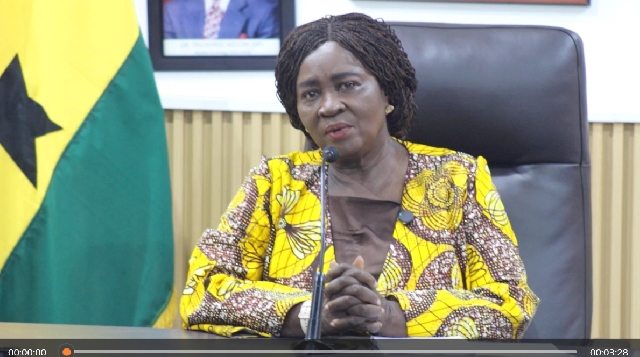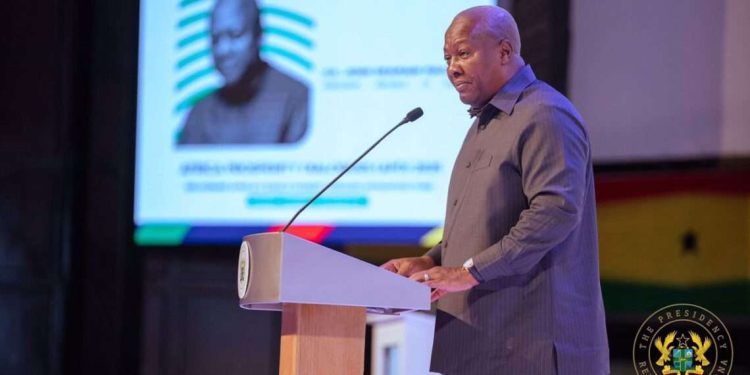On the fertile fields of the Millar Institute for Transdisciplinary and Development Studies, a quiet revolution is taking root, one that promises to transform the lives of farmers across Ghana and contribute to a greener planet.
Last season, the Institute launched the Grass Biochar Experiment, an ambitious initiative to test the power of biochar as a sustainable organic fertilizer. The experiment began on a modest test farm, where researchers blended biochar into the soil and closely monitored its effects on crop growth and soil health. As the weeks unfolded, the results exceeded all expectations: crops grew stronger and healthier, soil fertility improved dramatically, and yields soared.
The implications of these findings extend far beyond the test plots. Biochar, produced from plant material, offers a cost-effective and environmentally friendly alternative to traditional synthetic fertilizers. Its use not only boosts agricultural productivity and food security but also holds promise for mitigating climate change by sequestering carbon in the soil.
“We are thrilled with the results of the Grass Biochar Experiment,” announced the President of the Millar Institute, reflecting the excitement spreading through the agricultural community. “Biochar has the potential to revolutionize agriculture in Ghana, and we look forward to working with farmers and stakeholders to promote its adoption.”
Encouraged by these remarkable outcomes, the Millar Institute is preparing to expand the experiment. Plans are underway to collaborate with farmers throughout Ghana, tailoring biochar techniques to different environments and crop needs. This initiative is part of the Institute’s ongoing commitment to sustainable agriculture, environmental stewardship, and innovative solutions for rural livelihoods.
As the Grass Biochar Experiment continues to grow, so does the hope for a more productive, resilient, and environmentally conscious agricultural sector in Ghana. The Millar Institute stands at the forefront of this movement, empowering farmers with new tools and knowledge to nurture their land—and the future.
Source: Apexnewsgh.com

